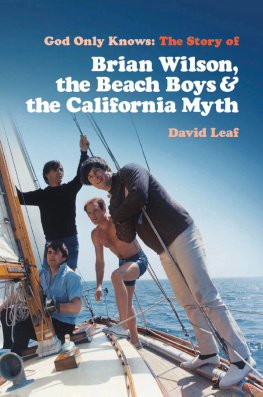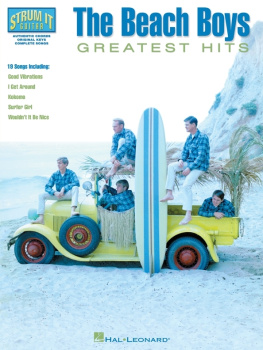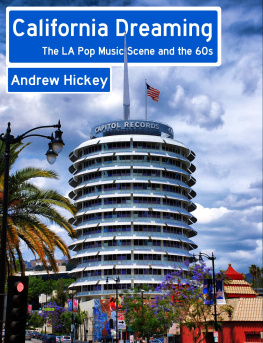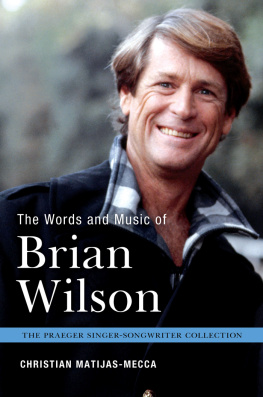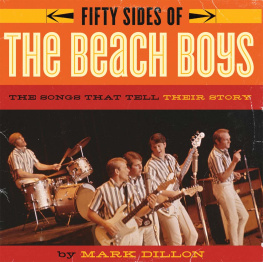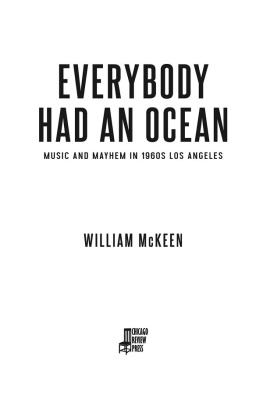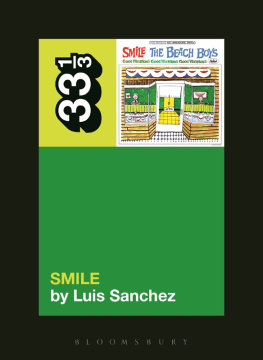
To Charlie Winton.
You made this one possible.
Prologue
There was a time when California was a quiet corner of the country and Hollywood was a small town. Outside of the people who lived there, few Americans gave much thought to the sunshine and beaches of the West Coast. The people who did live there knew what kind of sunny skies and palm tree paradise they had found. The city of Los Angeles doubled in size during the Forties and added half again in the Fifties, but it was still a scrawny, sprawling collection of villages spread over five hundred square miles and connected by long, straight, handsome boulevards built for the automobile, all leading inexorably to the shore. The crystalline beaches were never crowded, although they were always an attraction, an essential element of life in Southern California.
To young people growing up in Los Angeles after the Second World War, this was their birthright. Their parents had largely come to California before or during the war to secure a piece of the American dream out West. Those growing up in Los Angeles knew nothing of icy winters or steam bath summers. They lived a life immune from the hardships of the elements. Their world was different. Even the scourge of poverty and the rigid divisions of class were blunted by the warm California sun.
Life like this couldnt remain a secret. In fact, in its midst were the makings of modern mythology a vision of youth, beauty, poetry, and music unique to the inspirations and aspirations of California, out there on the faraway coast, distant from the centers of established power and culture in those days before jet travel. There was a promise of freedom, a sense of infinite possibilities, the prospect of fresh life without limits. This time and place felt like it had been made for teenagers. The youth of California grew up in a world of their own, innocent and fearless, bold and open. They were born to live this life, and they never questioned the way they lived. California was a land of dreams and the future was as wide and clear as the blue sky over the Pacific Ocean.
part I
Dawn
There rise her timeless capitals of Empires daily born,
Whose plinths are laid at midnight, and whose streets are packed at morn;
And here come hired youths and maids that feign to love or sin
In tones like rusty razor-blades to tunes like smitten tin.
Rudyard Kipling
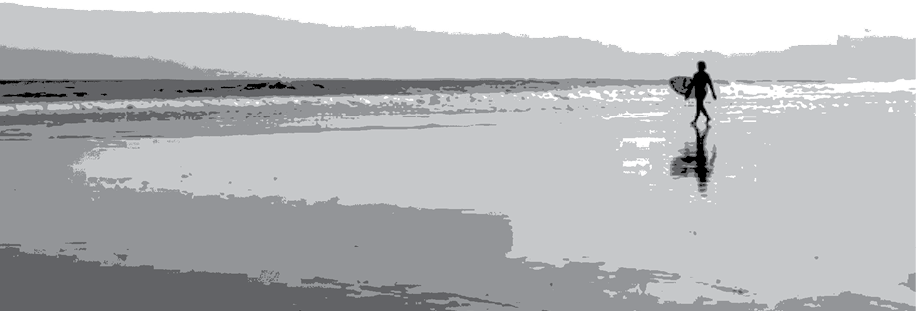
1
University High
Fall 1957
The water ricocheted off the walls and floor of the locker room shower like BBs in a barrel. A couple of dozen high school football players heckled and joked around with each other after practice as they washed up and showered off. Their youthful naked bodies glistened with soap and water. The clamor they raised rattled around the shower room and mixed with the sizzle of the streams bouncing off the floor. This was the varsity squad, the athletic elite of University High School.
Built in the Twenties, University High stood in Olympian splendor across three terraced and landscaped levels at the east end of Santa Monica, a public school that served the wealthy residents of Bel Air and Brentwood in west Los Angeles. The varnished floors of the old buildings smelled of fresh wax every morning as the students crowded the hallways. Carrying armloads of books and chattering noisily, seven hundred of them made their way to class each day. They did not know they lived in paradise, even if they drove themselves to school in their own cars, or took the ten-minute drive after school to the beach. Life on the Westside was idyllic for these patrician youths, living the good life in the Promised Land among the sunshine and palms.
Into this steaming, blindingly white shower room walked Jan Berry, a striking blonde boy, movie star handsome, more than six feet tall. He smoked cigars and was something of a petty thief. He was also a rich kid who lived on top of the hill with a father who was right-hand man to millionaire industrialist Howard Hughes. Young Berry carried himself with the kind of confidence that showed in his stride as he walked across the showers after pausing at the entrance and spying his best friend. Stark naked, he approached his locker mate Dean Torrence, already under the shower. Berry had known Dean Torrence since junior high school, but they had only recently struck up a close friendship, after Berry went out for football. Berry had just returned to school that fall, after hed been expelled as a troublemaker in his junior year. Hed spent the last year living in San Francisco under an assumed name.
Torrence was an easy-going, tall and lanky blonde who came from a more middle-class home than most of his classmates, though he still drove himself to school in a gleaming white 32 Ford pickup truck that he used to ferry surfboards to the beach for weekends of volleyball and sun. He smiled as he saw his friend approach. Berry leaned under the shower into Torrences ear. In an exaggerated bass voice that boomed over the showers, he started singing.
Yip yip yip yip yip yip yip yip
Sha na na na, sha na na na
Sha na na na, sha na na na
Sha na na na, sha na na na
Mum mum mum mum mum mum
Get a job
Not only did Torrence jump in at the chorus, half the other football players in the showers started shouting along to the song, a current hit on the radio by a New York vocal group called the Silhouettes. Their voices banged off the tiles with a satisfying echo that made it sound like there were hundreds of them singing. The reverberations made it feel like a record. Their glee filled the room.
This senior class of 1958 was the original rock and roll class. They entered University High in fall 1955, just as James Dean died in a car crash and Rock Around the Clock by Bill Haley and his Comets hit the charts. The excitement of music struck the student body like lightning, a fascination for many, an obsession for some. While many of the white Southerners who made rock and roll records were popular Elvis Presley, Buddy Holly, the Everly Brothers it was the sound of New York street corners that had the cool kids at Uni High buzzing. These dreamy melodic songs sung by Black vocal groups often named after birds, like the Orioles or the Crows leading them to be called bird groups had found an unlikely audience among the sun-kissed Southern California teens.
The music had been hidden in plain sight, and all the teens knew where to find it on the radio. Hunter Hancock was a white deejay who had been playing Black music for a largely Black audience on Los Angeles radio since the Forties. Originally, he played jazz on his Harlem Holiday show on KFVD, but he began to court a broader audience by playing jukebox favorites, dance records known as race music at the time. In 1954, a few exceptional records seeped through to mainstream success Gee by the Crows, Earth Angel by the Penguins, Sh-Boom by the Chords and suddenly these Black vocal group records were the rage among white California teens who heard three and a half hours of the music every night on Hancocks radio show.
The songs could be chaotic and irreverent or silken and romantic, but they were a million miles from the Canadian Sunset pop music of the day. Somehow these sounds from Harlem and the outer boroughs struck home with kids in the white-bread Hollywood hills. As different as they may have been from their own lives, these privileged teens found a common thread in the songs. Even amidst all their abundance, they still yearned for freedom from restraint. They knew their parents did not understand them, and sometimes they felt like strangers in a strange land. The songs spoke of simple aspirations, touched on universal topics of their tender age, often with sly humor, and most important of all, they were easy to sing.
Next page

